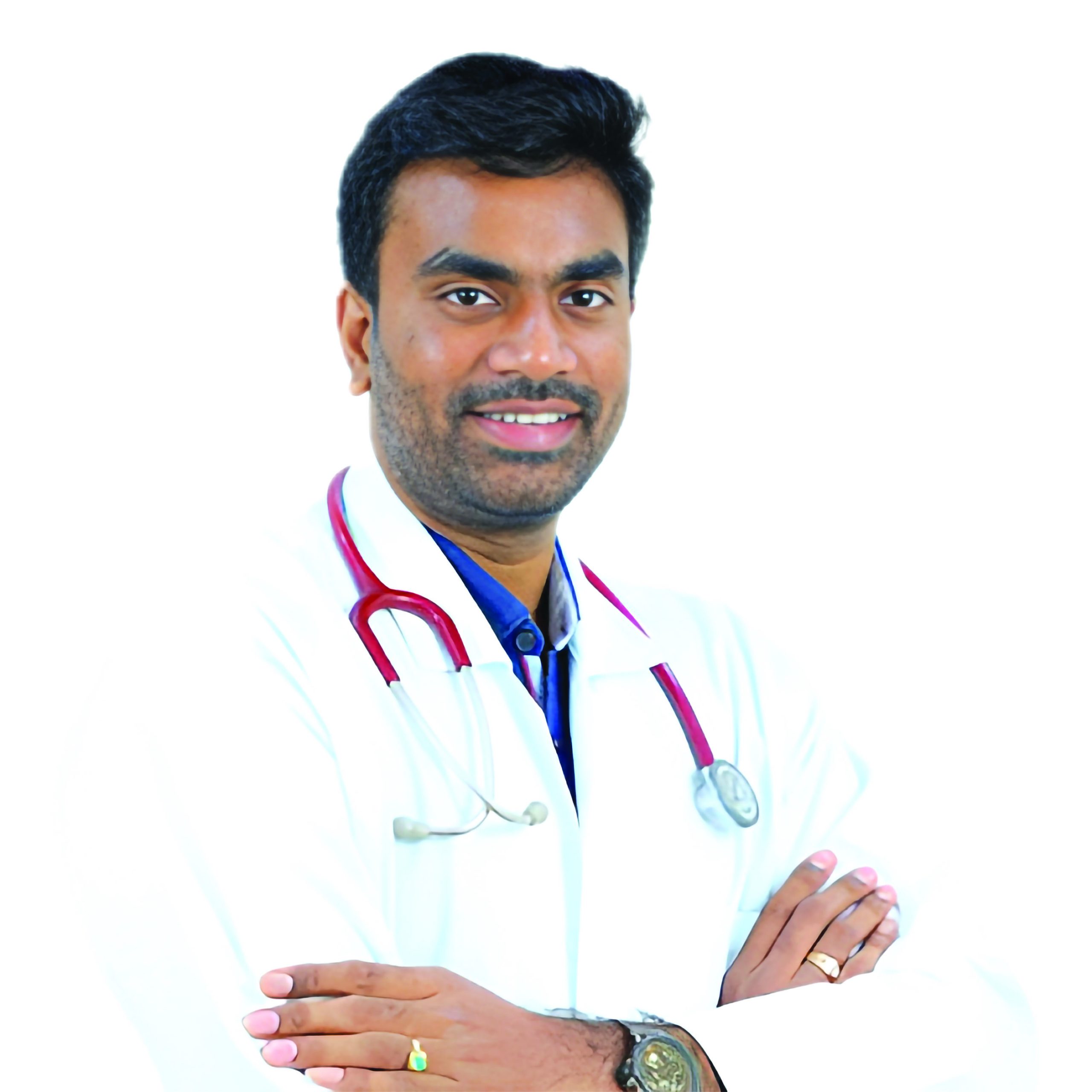
Dr. Sumanth Kumar
I have a 12-year-old daughter who is healthy and has taken all her scheduled vaccines since birth. My doctor’s clinic has a poster about a cervical cancer vaccine. I’m not sure whether this vaccine is necessary for my daughter. Please advise. — Leena Jaiswal, Bangalore
The vaccine for cervical cancer, known as the Human Papillomavirus (HPV) vaccine, is considered essential by many healthcare authorities. This is because HPV infection is a major risk factor for development of cervical cancer, and the vaccine prevents infection from almost all types of HPV viruses. Cervical cancer is the second most leading cause of cancers among women in India.
My daughter is ten and has not yet attained puberty. My gynaecologist suggested she take the HPV vaccine. Isn’t she too young for this vaccine? Is it a single dose vaccine? — Ridhima Rane, Hyderabad
The HPV vaccine is usually recommended for girls and boys aged over 11 or 12, but it can be administered as early as age nine. It’s most effective when administered before children become sexually active, as it protects against all types of HPV viruses that cause cervical cancer. In some cases, the vaccine may be recommended for young adults up to the age of 26. It is available as bivalent, quadrivalent and 9 valent vaccine. The 9 valent vaccine covers most HPV strains that cause cervical and other cancers and is recommended by health professionals.
The vaccine is administered in a series of shots (usually two or three doses, depending on the age at which it is started) to provide long-term protection. Regular cervical cancer screenings (pap tests) are also recommended for early detection and prevention.
Moreover the HPV vaccine is effective in preventing anal, vulval, penile, throat cancers and anal warts. It is quite safe and there is no evidence that it decreases fertility.
My husband smokes one-two cigarettes every evening. Does second hand smoke adversely affect children and can it cause lung cancer? — Kriti Kumar, Mumbai
Exposure to secondhand smoke aka passive or environmental tobacco smoke is harmful to children and increases their risk of developing various health issues, including lung problems. While it is less common for children to develop lung cancer from secondhand smoke exposure, it can contribute to other health problems such as respiratory infections, asthma, and sudden infant death syndrome (SIDS). To avoid secondhand smoke exposure:
- Encourage parents to quit smoking or smoke outside the home.
- Create a smoke-free environment at home and in the car.
- Choose childcare providers and schools that have instituted smoke-free policies.
- Educate children about dangers of smoking and secondhand smoke.
- Advocate smoke-free public places and support anti-smoking public campaigns.
Reducing children’s exposure to secondhand smoke is crucial for their overall health and well-being, even if it may not directly cause lung cancer.
(Dr. Sumanth Kumar Mallupattu is a Hyderabad-based oncologist)
Also read: Govt to provide cervical cancer vaccines in schools

























